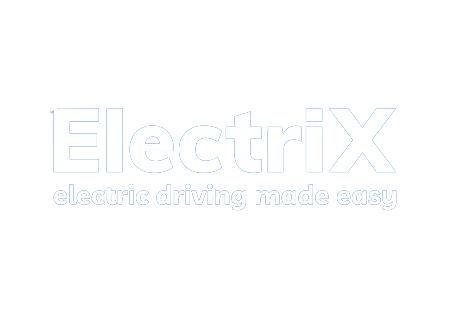In case you missed it see what’s in this section
Let's Talk
Your Total Guide To lifestyle
Urban Electric: Why Electric Cars Are the Ultimate Companion for City Dwellers
In recent years, urban centers across the United States have witnessed a significant transformation in the way people think about mobility.
As congestion and environmental concerns become increasingly pressing issues, electric vehicles (EVs) are stepping into the spotlight as an ideal solution for city dwellers. Their rise is marked by a surge in adoption rates, primarily due to their economic and environmental benefits, especially in packed urban settings where their features can be most advantageously utilized.
Cost-Effectiveness in the Urban Jungle
One of the hallmark benefits of electric cars is their cost-effectiveness, which is particularly apparent in an urban environment. For instance, consider the price of a KIA EV9. While it might appear steep at first, the long-term savings on fuel and maintenance can offset the initial cost. Electric vehicles require significantly less maintenance than their gasoline counterparts because they have fewer moving parts. Additionally, many cities offer incentives such as rebates, tax credits, and discounts on public charging stations to encourage the adoption of EVs. This financial support, combined with the lower operational costs, makes EVs a financially savvy choice for urban residents.
In congested city settings, the frequency of stopping and starting means a conventional vehicle would consume a considerable amount of fuel. In contrast, electric cars excel in stop-and-go traffic because they use regenerative braking systems that recover energy typically lost during braking, converting it into additional power. This feature not only conserves energy but also extends the range, making EVs particularly suited to the city driving style.
Space Efficiency and Reduced Carbon Footprint
Urban areas are constantly battling space constraints and air quality issues. Electric cars offer a remedy to these urban challenges due to their compact design and lack of tailpipe emissions. Many electric vehicles are designed with the urban driver in mind, offering models that are easier to maneuver and park in tight spaces. This small footprint is invaluable in cities where parking is costly and elusive.
Moreover, by switching to an electric vehicle, urban residents can directly contribute to reducing the city's carbon output. With zero tailpipe emissions, electric cars don’t just improve local air quality—they also help cities meet ambitious climate targets aimed at reducing greenhouse gas emissions. As more cities establish low-emissions zones where traditional combustion engine vehicles may be fined or banned, owning an electric car ensures compliance with evolving urban environmental policies.
Integration with Smart City Infrastructure
A key advantage of living in a modern city is access to innovative "smart city" infrastructure, which often includes support for electric vehicles. Many cities are installing extensive networks of public charging stations, some of which offer fast charging capabilities. These stations are frequently integrated with smartphone apps that allow drivers to check the status of chargers in real time, reserve them, or manage billing, seamlessly blending into the connected lifestyle of urbanites.
Moreover, future urban planning initiatives increasingly prioritize electric vehicles in their designs. For example, new developments may incorporate built-in charging ports in residential and commercial parking areas, and some cities are experimenting with embedding wireless charging technology directly into the streets.
The Quiet Advantage
Aside from environmental and economic benefits, electric cars offer a less discussed yet equally significant advantage: reduced noise pollution. Electric motors are exceptionally quiet compared to internal combustion engines. In cities, where noise pollution is a constant source of stress and disturbance, the widespread adoption of EVs could contribute to markedly quieter urban environments. This reduction in noise not only enhances the quality of life but also complements broader urban initiatives aimed at creating more livable, peaceful city spaces.
Conclusion
Electric vehicles present a compelling package of benefits tailored to the needs and challenges of urban living. They align with the economical, environmental, and spatial demands of cities while also offering integration into future smart infrastructures and providing a quieter, more peaceful urban life.
As our urban centers continue to grow and evolve, EVs stand out as not just viable, but preferable companions for the modern city dweller, making them a fitting choice for those looking to buy a new car and make a smart, forward-thinking investment in their mobility and quality of life.
Weather in Manchester
Listings









